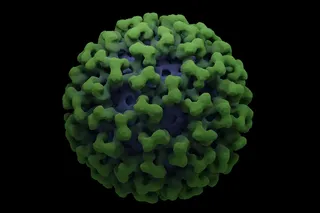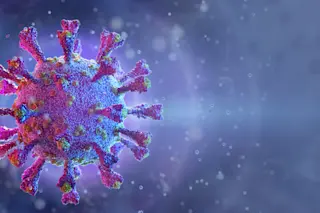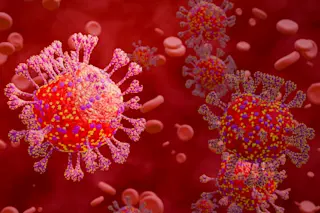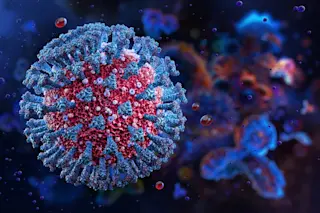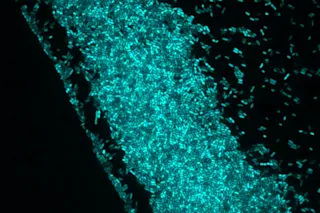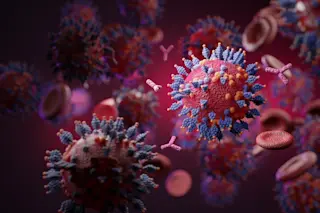Although several major HIV strains exist, only one type predominates in the United States, leading infected Americans to assume they cannot be reinfected through unprotected sex with one another. But a study of recent infections, published in September in the Journal of the American Medical Association, shows reinfection, called superinfection, with another kind of HIV can and does occur. “What we found was that you could get it again. And when you did, you got it worse,” says study author Davey Smith of the University of California at San Diego.
Smith and his colleagues analyzed stored blood samples from 78 people newly infected with HIV and then compared these with blood drawn from the same people six months to a year later. Their analysis revealed a second, genetically distinct virus proliferating in the blood of three subjects—not a different strain but different enough to suggest a second infection. Worse, these ...



